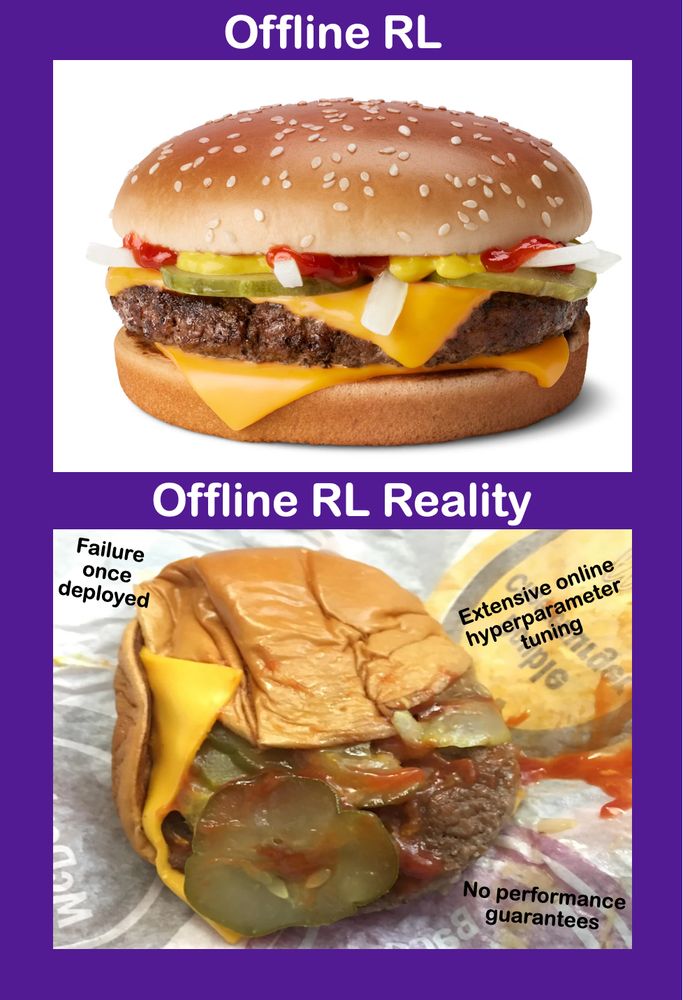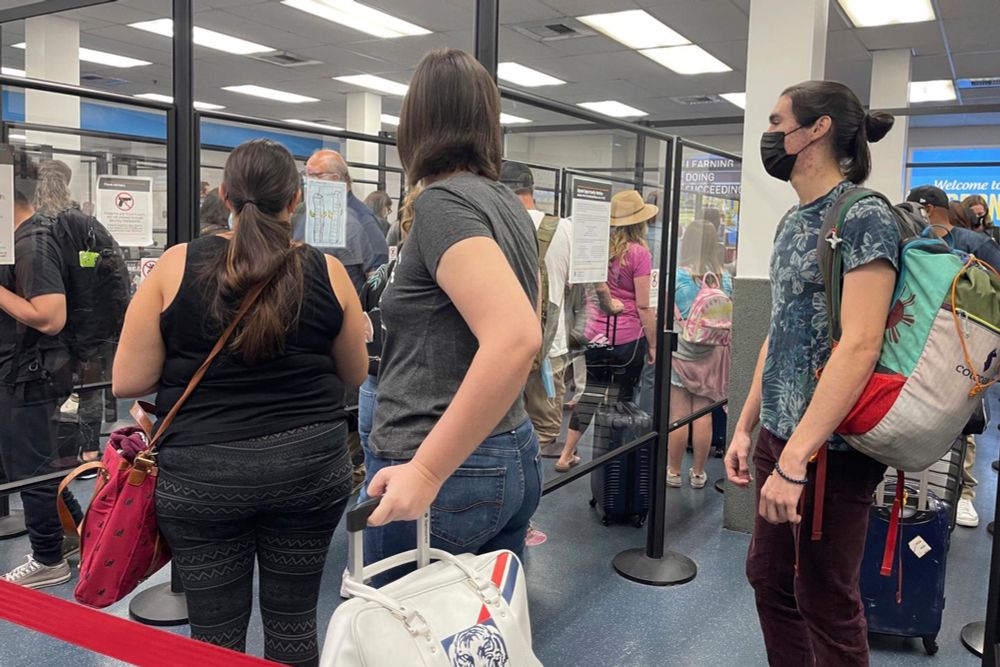All opinions are my own.
⚡100x Training Throughput
🎯Fast Convergence
🔢Pure Int8 Pretraining of RNN LLMs

⚡100x Training Throughput
🎯Fast Convergence
🔢Pure Int8 Pretraining of RNN LLMs

⚡100x Training Throughput
🎯Fast Convergence
🔢Pure Int8 Pretraining of RNN LLMs

⚡100x Training Throughput
🎯Fast Convergence
🔢Pure Int8 Pretraining of RNN LLMs
We're looking for two exceptional students to join us on research projects in Oxford from January! Please share with anyone who would be interested. Details below :)
We're looking for two exceptional students to join us on research projects in Oxford from January! Please share with anyone who would be interested. Details below :)
9/

9/

🔎 For a deeper dive into the theory:
blog.foersterlab.com/fixing-td-pa...
blog.foersterlab.com/fixing-td-pa...
See you in Singapore! 🇸🇬
🔎 For a deeper dive into the theory:
blog.foersterlab.com/fixing-td-pa...
blog.foersterlab.com/fixing-td-pa...
See you in Singapore! 🇸🇬
🔎 For a deeper dive into the theory:
blog.foersterlab.com/fixing-td-pa...
blog.foersterlab.com/fixing-td-pa...
See you in Singapore! 🇸🇬
Why? Because a “random search” of his cell phone revealed a negative personal opinion on Trump and the Trump administration. www.lemonde.fr/internationa...

@flair-ox.bsky.social
arxiv.org/pdf/2407.04811
@flair-ox.bsky.social
arxiv.org/pdf/2407.04811
go.bsky.app/3WPHcHg
go.bsky.app/3WPHcHg

